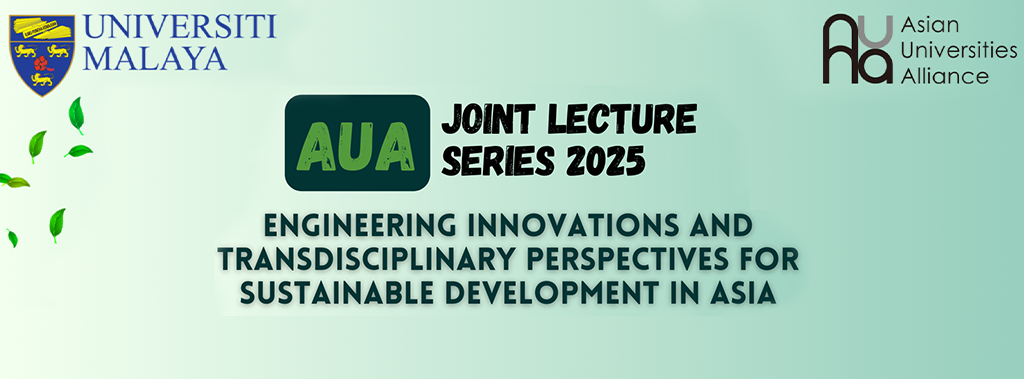Theme:
Energy Demand, Sources and Development of Renewable Energy in Myanmar
Professor:
Dr. Min Maung Maung, Professor, Department of Physics, University of Yangon
Dr. Cho Cho Thet, Professor, Department of Physics, University of Yangon
Date: 1 November 2022 (Tuesday)
Time: 18:00-19:30 (UTC+8)
Main Points
l Energy Demand and Crisis
l Source of Energy
l Energy Supply in Myanmar
l Development of renewable energy in Myanmar
Summary
Dr. Min Maung Maung’s lecture entitled “Energy Demand and Sources in Myanmar” contained three sections. In the first section, Dr. Min discussed the overall energy demand and the existing crisis. Following this, in the second section, Dr. Min used Yangon, the largest city in Myanmar, as an example to illustrate the energy supply in the country. He introduced the national energy policy of Myanmar and an overview of Myanmar’s power sector. Lastly, Dr. Min focused on the energy sources in Myanmar, noting that the demand for natural gas for power generation in Myanmar takes the lead. Moreover, renewable energy sources like hydropower, solar power, wind power, and geothermal resources are underexplored and relevant projects have been launched. Dr. Min also discussed the existing laws and regulations for energy in Myanmar and mentioned several challenges related to renewable energy.
Later, Dr. Cho Cho Thet gave her lecture on “Development of Renewable Energy in Myanmar”. Firstly, Dr. Cho introduced solar energy and explained its advantages and disadvantages. Following this, she mentioned solar cells to further elaborate on current materials science research at the Department of Physics, University of Yangon. As Dr. Cho explained the recent findings, she mainly talked about state-of-the-art research on Dye-Sensitized Solar Cells (DSSC). To fabricate DSSC, its basic components (i.e. Transparent Conductive Oxide-coated (TCO) glass, photoanode, dye, electrolyte, counter electrode) and functions, it is extremely important to keep them safe. For each component, Dr. Cho introduced its working principle and key physical and chemical properties. Moreover, Professor Cho showed the fabrication process of DSSC in the lab of the University of Yangon. She also demonstrated the testing process of DSSC parameters (e.g. short circuit current, open circuit voltage, fill factor, and power conversion efficiency). Finally, Dr. Cho Cho Thet further stated the significance of the application of DSSC for solar energy, as well as its industrial realization.
(The summary is written by student assistant Peng Jin.)
*The views and opinions expressed in this lecture series are those of the guest lecturers. They do not purport to reflect the opinions or views of the AUA or its members or its Secretariat.

